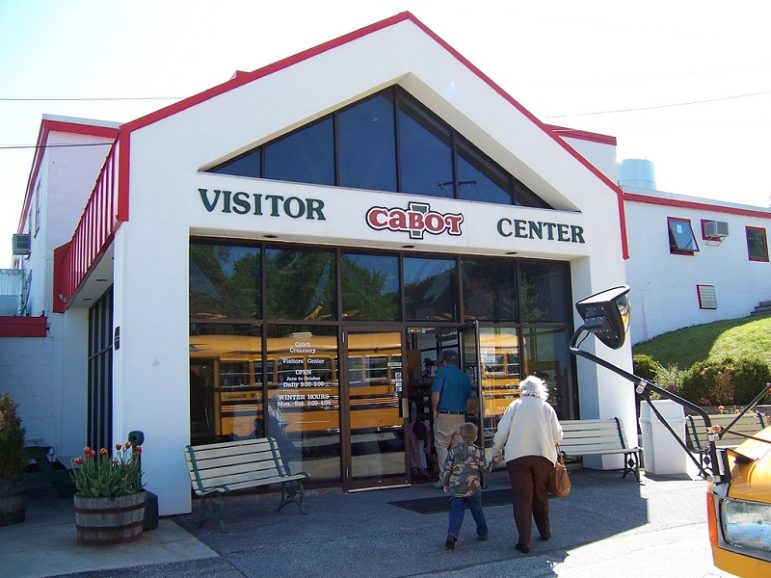
May 18, 2016; VTDigger
NPQ has long wondered why workers’ co-ops, a primary form for social enterprise in the UK and elsewhere, appear to be almost ignored here in the U.S. As a way to even out ownership and wealth, they are structured right, and some are wildly successful—such as, for instance, the Cabot Creamery in Vermont.
Now, the Cabot Creamery along with another high-profile cooperative has helped to create a new database that tracks cooperatively organized businesses in that state. These exist across many sectors, including food, energy, education, and housing, and finance.
The Massachusetts-based Cooperative Development Institute put the census together, which was sponsored by the Vermont State Employees Credit Union (VSECU) and Cabot Creamery. Joe Bergeron, president of VSECU, says the economic crash in 2008 sparked renewed interest in the model.
“As consumer-owned, locally controlled, democratically controlled entities, there was a natural inclination for the consumers of a certain mindset to gravitate in that direction,” Bergeron said. “What is more telling is not just the number of cooperatives, but how many people do business with cooperatives.”
Sign up for our free newsletters
Subscribe to NPQ's newsletters to have our top stories delivered directly to your inbox.
By signing up, you agree to our privacy policy and terms of use, and to receive messages from NPQ and our partners.
Now, Bergeron says, the study will look at the total impact that cooperatives have on the state’s economy. “We think it’s very substantial.”
Nate Formalarie of Cabot Creamery, which is owned by 1200 dairy farmers and runs four plants in New England states, said the census would help bring the cooperative sector together in a new way.
“No matter the industry that the cooperative is, the mission is to benefit the members,” Formalarie said. “We now know where we are and what we have in the state and what industries are represented. Now it’s time to take it to the next step and figure out if there’s ways to cooperate with each other.”
Rob Miller, CEO of VSECU, says supporting other cooperatives is a key principle of being a co-op. “Our belief is that cooperatives are an important part of the economy because they are inherently sustainable,” as well as locally owned and managed. VSECU has also just announced a new investment initiative to encourage other co-ops named “Co-op Capital.”
Referencing an area in northern Italy called Emilia Romagna, where cooperatives helped drive the regional economy, “There’s no reason to believe frankly that Vermont couldn’t evolve into the same kind of example,” Miller said.—Ruth McCambridge












